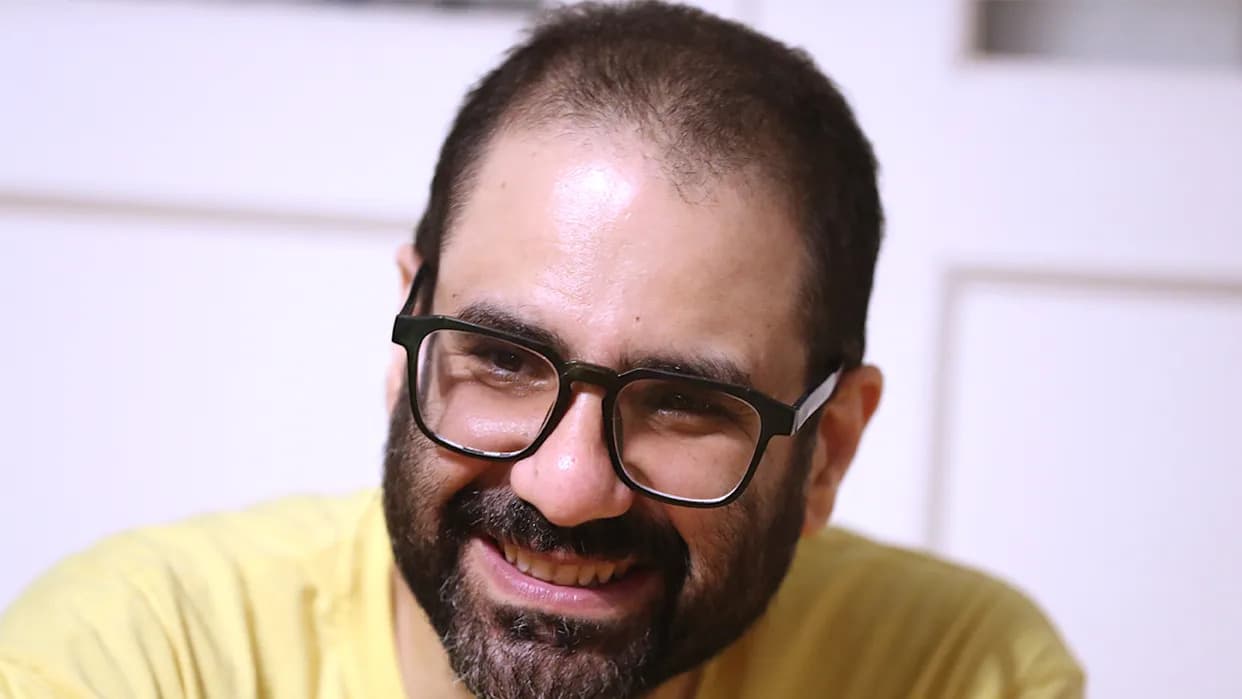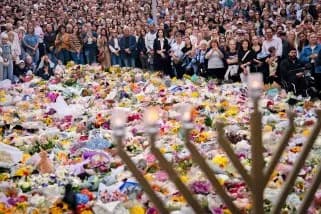The article examines a flashpoint in Tower Hamlets where Communities Secretary Steve Reed criticised councillors campaigning for Bangladesh’s parliament, noting UK law does not forbid such candidacies. It explores tensions between local duties and transnational ties, questions what "diversity" means in practice given the council's surname distribution, and recalls a blocked UKIP rally followed by a masked "peaceful march." The piece poses broader questions about representation, priorities and how multiculturalism is experienced locally.
Tower Hamlets and the Complexity of Multiculturalism: Local Priorities, Overseas Ties and the Debate over 'Diversity'

Tower Hamlets and the Debate over Diversity and Local Priorities
Communities Secretary Steve Reed said he was "appalled" to learn that some Tower Hamlets councillors had been campaigning to stand in elections for the parliament of Bangladesh. While his reaction reflects concern about where locally elected officials place their priorities, there is nothing in UK law that explicitly bars a councillor from running for office overseas.
Legal context and political expectations
Reed's comment — that councillors' "focus needs to be on helping the people of Tower Hamlets" — highlights a wider tension: should locally elected politicians concentrate solely on their UK constituents, or is it acceptable for them to retain active political ties and responsibilities elsewhere? That question sits at the intersection of legal permissibility, public expectation and political judgement.
Multiculturalism and how we define "diversity"
The episode also feeds into a broader debate about multiculturalism. Critics argue that modern multicultural practice can allow strong transnational ties that complicate expectations of local civic allegiance. Advocates counter that cultural and political links to other countries are part of a plural, globally connected society.
Practical questions about what "diversity" looks like arise when we examine local representation. Tower Hamlets council lists 45 councillors: eight with the surname Ahmed; three Choudhury; two Chowdhury; three Hussain and one Hossain; two Begums; two Khans; and two Islams. By comparison, five councillors are identified as white. These figures prompt discussion over whether the borough's politics and public life are broadly mixed or concentrated along particular community lines.
Public events and political tensions
In October, the UK Independence Party attempted to organise a demonstration in Tower Hamlets billed as an effort to "reclaim Whitechapel from the Islamists." Police blocked the rally from going ahead. Mayor Lutfur Rahman supported the decision and announced a local "peaceful march" to "celebrate our diversity and unity." Photographs from that march show many participants wearing black face coverings, which some observers said made the crowd appear less visually varied.
Conclusion
These episodes underline a practical and political dilemma: celebrating multiculturalism can coexist with strong transnational ties, but it can also produce neighbourhoods and representative bodies that appear concentrated rather than evenly mixed. That raises legitimate public questions about representation, priorities and how we define "diversity" in practice.
Ultimately, the debate is political as much as it is cultural: it concerns how voters judge their representatives and how public institutions balance neighbourhood needs with broader cultural affiliations.
Help us improve.


































